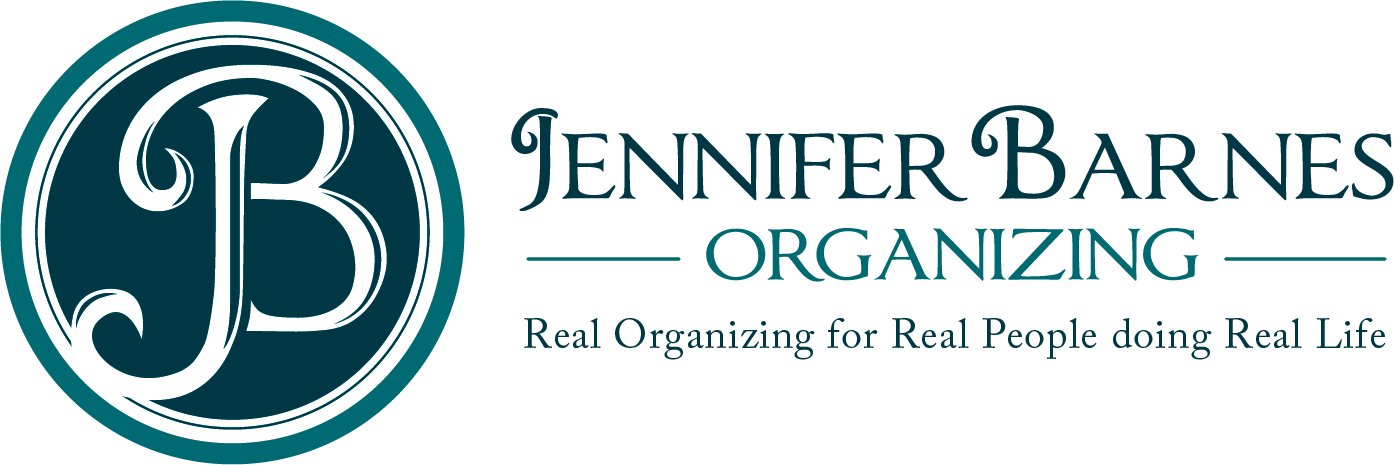Cut the Chaos, Reduce the Stress: The IMPACT of Good Time and Task Management
How do I get anything done when I am so busy? We answer this question by talking about boundaries and providing simple practical tips for how to manage our time. Next, we look at the variety of tasks that we face and how to concretely and simply manage them day to day. Organization definitely comes into play with Time and Task Management and we help get you on the road to better organizational habits and end with a look at how to maintain those habits over time.



